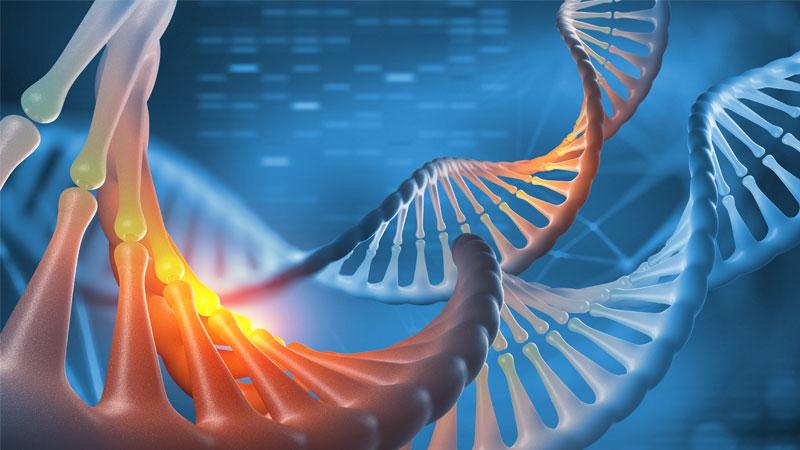Dr Kalpana Surendranath, Senior Lecturer in Molecular Biology and Microbiology and Leader of the Genome Engineering Lab, and Dr John Murphy, Reader and Research Director of the School of Life Sciences, have launched a student innovation community funded by the Quintin Hogg Trust titled ‘Gene Editors of the Future’ for students amidst the COVID-19 pandemic.

The programme, which aims to provide students with the necessary skills in genome engineering using the Nobel prize-winning CRISPR technology, is a great opportunity for undergraduate students who may otherwise be unable to gain such rewarding exposure in the field. It is paramount to the training and development of Westminster students, enabling them to differentiate themselves in a world of competitive employment. There is also the potential for students to attain certification in CRISPR basics or advanced training, which will provide valuable experience for their future careers.
The programme is delivered in three phases, with phase one having finished in December, which consisted of varied online learning sessions including talks from guest speakers equipping participants with the knowledge to further progress in genome engineering, and live-streamed laboratory sessions which were open to the wider student community, due to high demand. Phase two, which is taking place this month, involves the exploration of specific research questions, leading on to phase three’s hands-on research in a genome engineering laboratory. Students will have the opportunity to further their learning in either drug discovery, diagnostics or designing disease models.
Many students showed interest in the programme with 130 people registering, and have taken well to the initiative, describing the programme as “inspiring”, “insightful” and “revolutionary”, along with 97% of participants saying they found the first phase useful. The feedback received highlights the positive impact on individuals so far. On completion of the programme, Dr Surendranath and Dr Murphy will be collecting data and using it as performance indicators to assess its overall impact, which will allow them to further refine and improve future editions of the programme.
Douglas Burns and Mariam Robakidze, two students on the programme, and Doctoral researchers Nadeen Solaiman and Ahmed Sidali presented their experience of the programme at the Royal Society of Biology and HUBS Learning & Teaching Partnership workshop organised by the University of Reading on 7 January.
A Biomedical Sciences BSc Honours student on the programme said: “My experience of being a part of this community was utterly eye-opening and enthralling, it was what I expected and more. I joined a body of passionate people all with similar interests, striving for a common thing, and that was very inspiring, and I am grateful to have been a part of that. Through this training I was able to widen my thoughts and expand on what I know about gene editing.
“It was very captivating to see everyone working together during the online lab sessions, I learned so much from the teachers and students. Having people from all over the world talking to us about their studies and what they’re working on opened so many closed doors in my mind and made me look at my degree and future from a different perspective. Overall, this is an experience I will never forget, and I look forward to engaging with this gene editing community in the future.”
Learn more about Biological and Biomedical Sciences courses at the University of Westminster.


